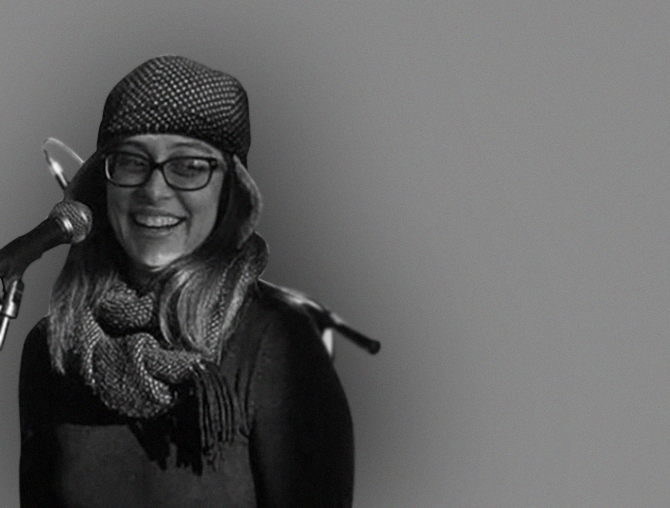Gallery education sits at a crossroads, at once an apparatus upholding the colonial and affirmative aspects of museum culture (Mörsch, 2009), an agent in the whirring of an increasingly dislocated set of trendy and consumable political themes (Holmes, 2004), and a site for ‘allyship’ and other kinds of radical and socially transformative work. Resurrecting Hannah Arendt’s question, ‘where are we when we think?’ this presentation argues for gallery education as a space for a situated critique encompassing two crucial and inter-linked dimensions: one, analysis of and responses to the dynamics of power and coercion within the cultural institutions in which they are situated and two, interpretation of and intervention into social injustices beyond the gallery’s walls. In particular, this paper argues for the use of strategies derived from popular education in suggesting that such strategies support groups in collectively naming and thinking conflicts that are often buried within the doublespeak of neoliberalism. Promoting ‘critical’ gallery education, this paper draws from two experiential case studies to suggest that the re-construction and use of the often forgotten genealogies of popular education are pivotal to doing social justice work in galleries and museums.

A practice-based researcher who works at the intersections of geography, radical pedagogy and cultural production. She is currently Lecturer in Visual Cultures at Goldsmiths University where she runs the BA in Curating. A key figure in what has been termed ‘the educational turn’ in art, she has developed exhibitions, residencies, research and writing between art and contemporary social urgencies including the struggles around migration, gentrification, education, anti-racism and indigeneity. From 2008-2014 she was a founding researcher and curator of the Centre for Possible Studies, a popular education and arts research centre that worked against social inequalities in London’s Edgware Road neighbourhood. She is currently, with Valeria Graziano and Susan Kelly, developing a monograph on the histories and problematics of Public Programming, is a member of the international sound art and political collective Ultra-red and a researcher with the Another Roadmap for Arts Education international research project.